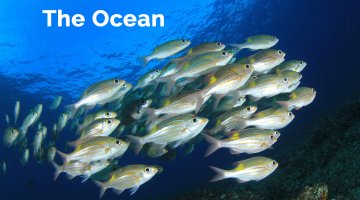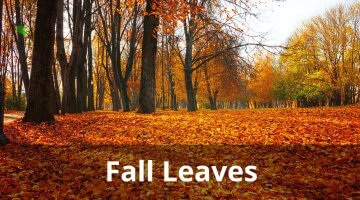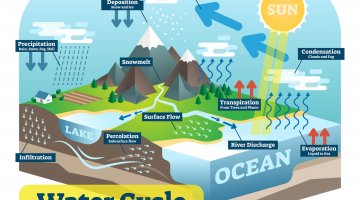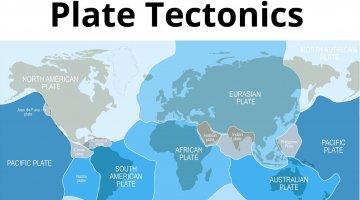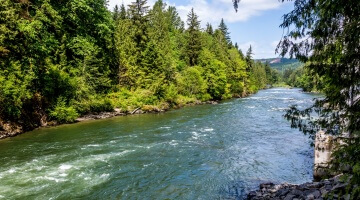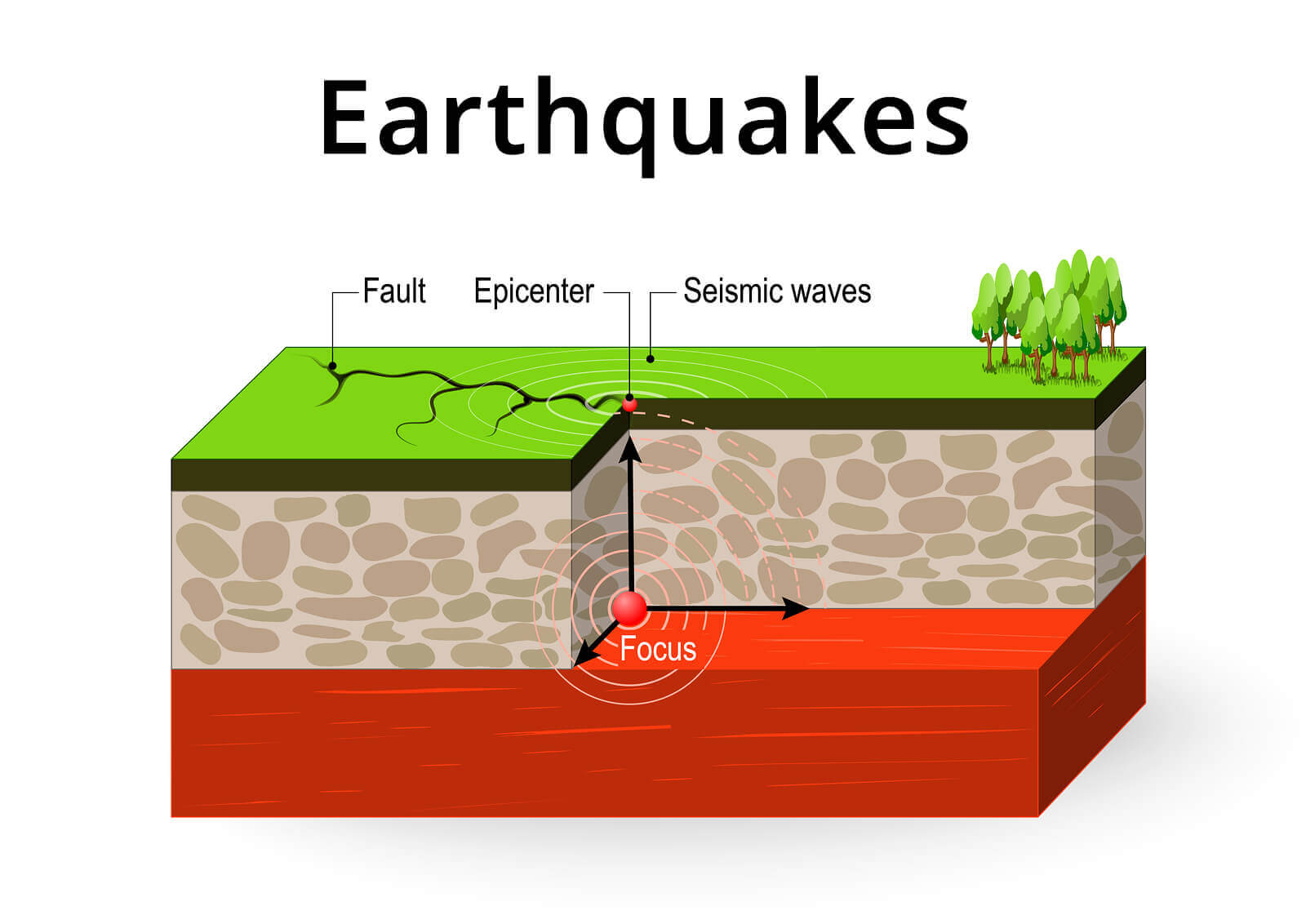Magnetism is a force that attracts and repels things. It is the result of the movement of charged particles. Although the theoretical concept may sound difficult, it is easy to demonstrate to even young children with very simple experiments. Nickel …[Continue]
Earth Sciences Resources
The Ocean
Although it covers nearly three-quarters of the Earth, scientists call the ocean our planet’s last frontier, and say that we know more about the moon then we do the seafloor. While oceanographers are racing to learn more about the deep …[Continue]
Fall Leaves
Here in coastal San Diego we don’t get a very showy display of fall colors. But no matter where you live, the Internet provides a window to view the colors of fall foliage from the comfort of home. Whether you’re …[Continue]
Static Electricity
Has your hair ever stood out from your head after pulling off a wool cap? That’s the result of static electricity. In their usual state, atoms are electrically neutral because they contain an equal number of positive protons and negative …[Continue]
Water Cycle
A glass of water may not seem very complicated. Yet water can be a fascinating topic, full of opportunities for hands-on learning. Today’s sites include dozens of activities and experiments for the young and curious ready to learn about the …[Continue]
Plate Tectonics
Plate tectonics theory, formulated in the 1960s and 70s, states that the Earth’s outer crust is composed of moving plates. For example, two hundred million years ago there was only one super continent named Pangaea. Plate tectonics also explains how …[Continue]
Rivers
June is National Rivers Month. A river is a natural flow of water (usually freshwater) towards an ocean, sea, lake or another river. They are an important part of our ecosystem as a source of water, food, transportation, defense, energy, …[Continue]
Sun Safety
Schools out! Summer sunshine is here. But don’t leave the house without your sunglasses, brimmed hat, and sunscreen. Why bother? Because despite the sun’s beneficial effects on our mood, even a small amount of daily exposure can lead to skin …[Continue]
The Ocean
Although it covers nearly three-quarters of the Earth, scientists call the ocean our planet’s last frontier, and say that we know more about the moon then we do the seafloor. While oceanographers are racing to learn more about the deep …[Continue]
Earthquakes
As a Californian, my life has been punctuated by earthquakes. My earliest temblor memory is the 1971 Sylmar quake. On that auspicious day I began my first job as a high school graduate. In the 1994 Northridge earthquake, my mother …[Continue]

